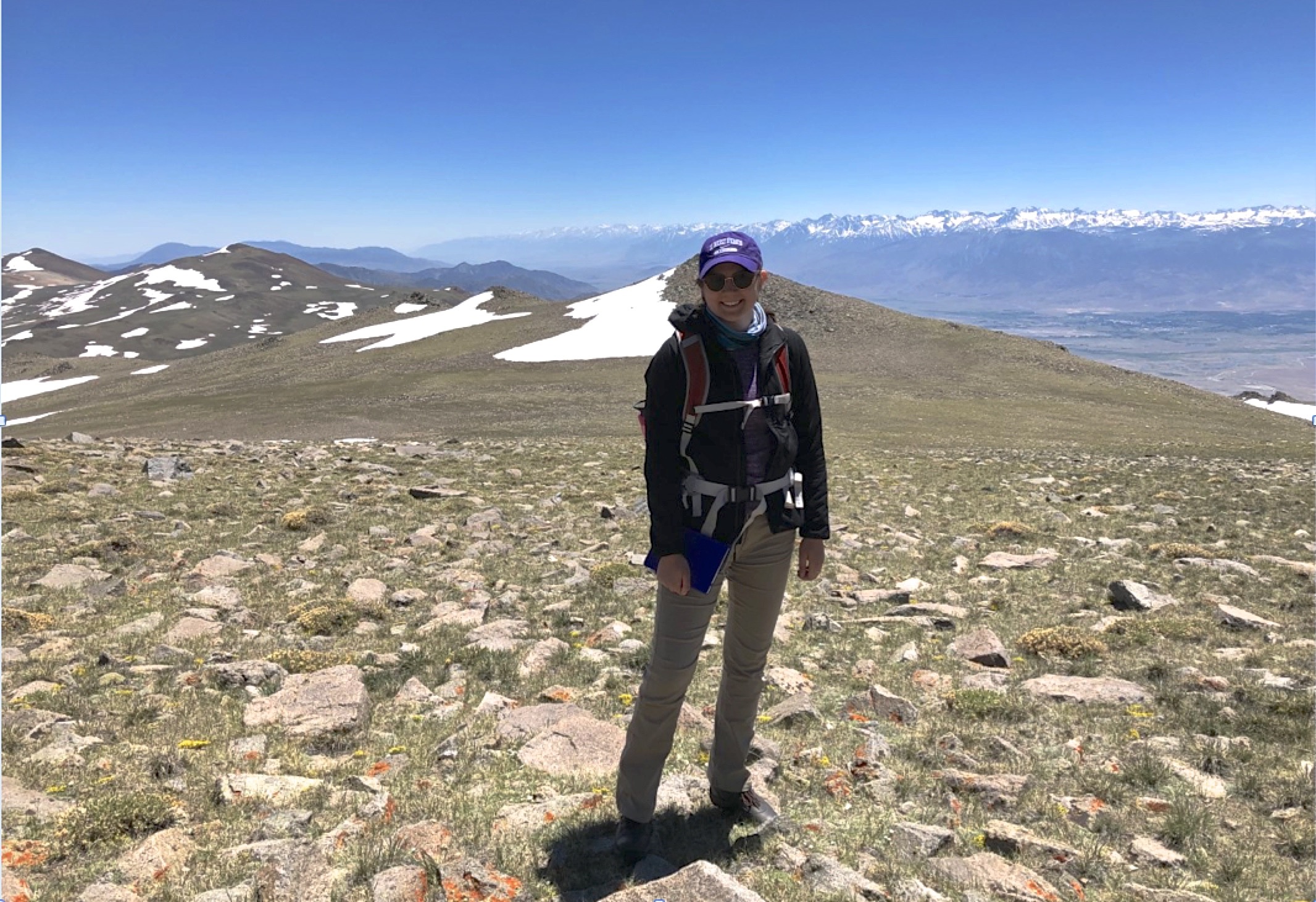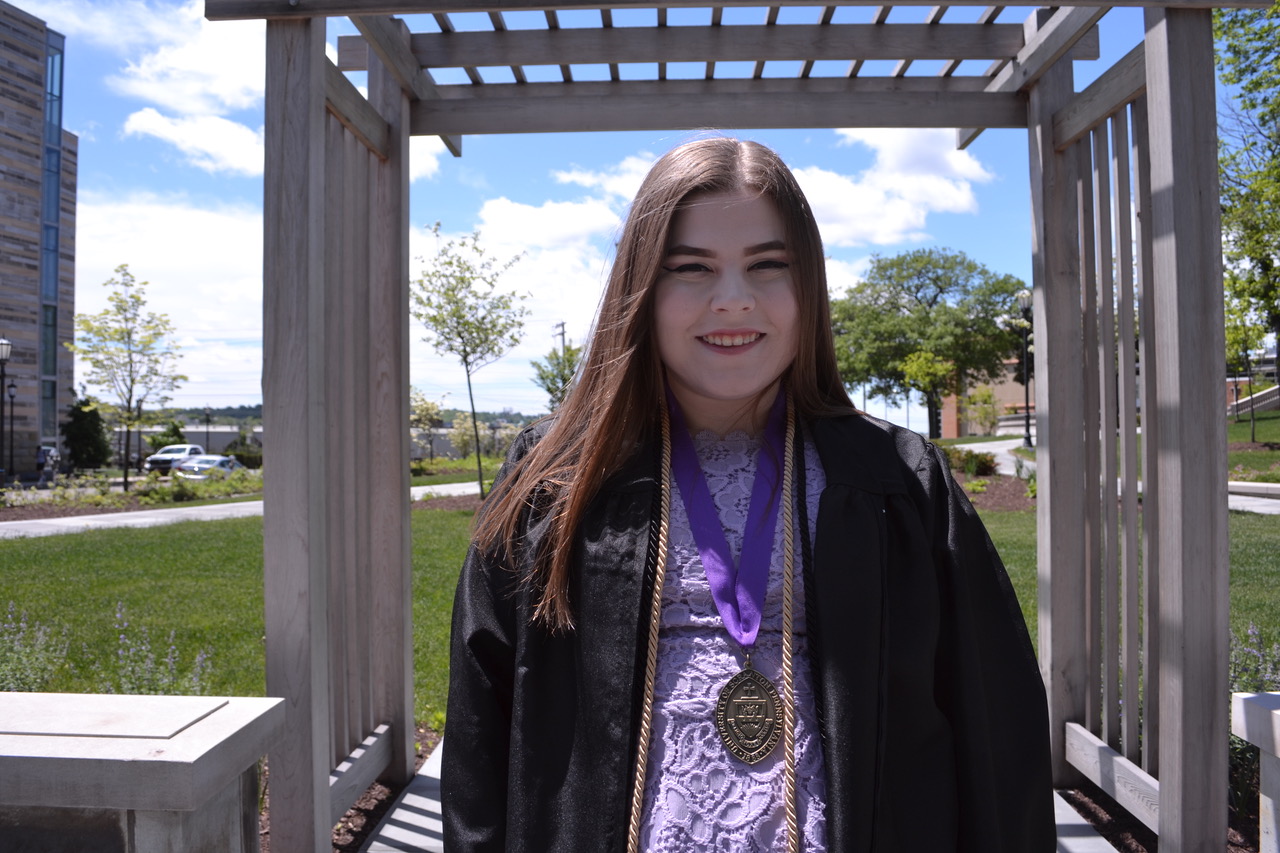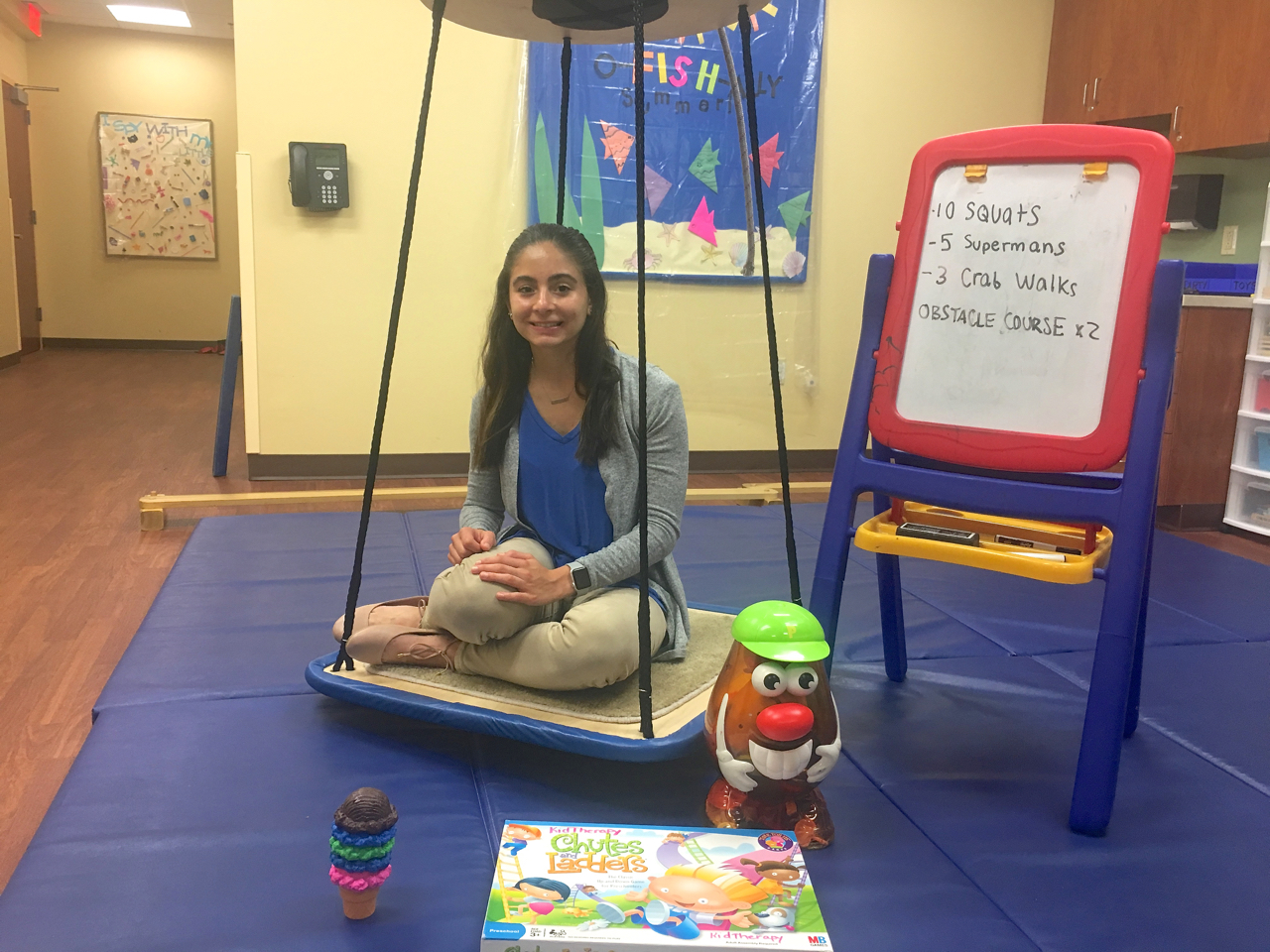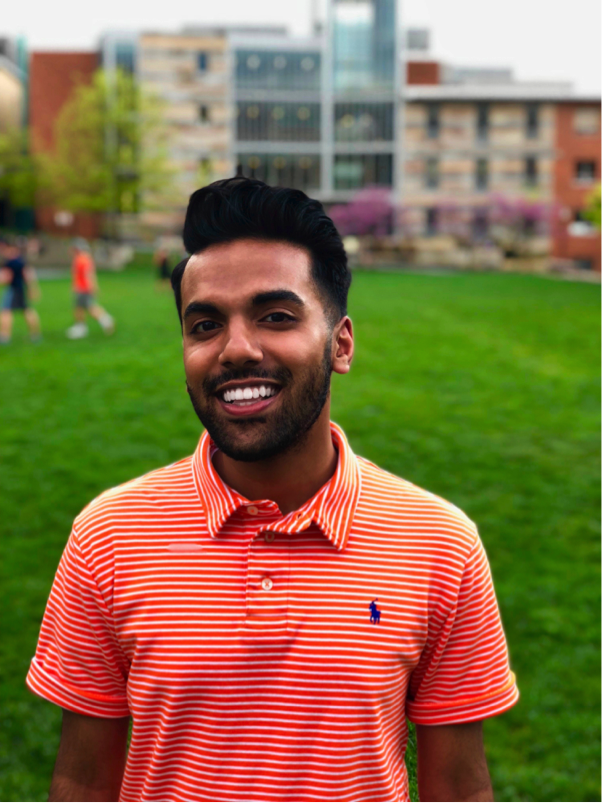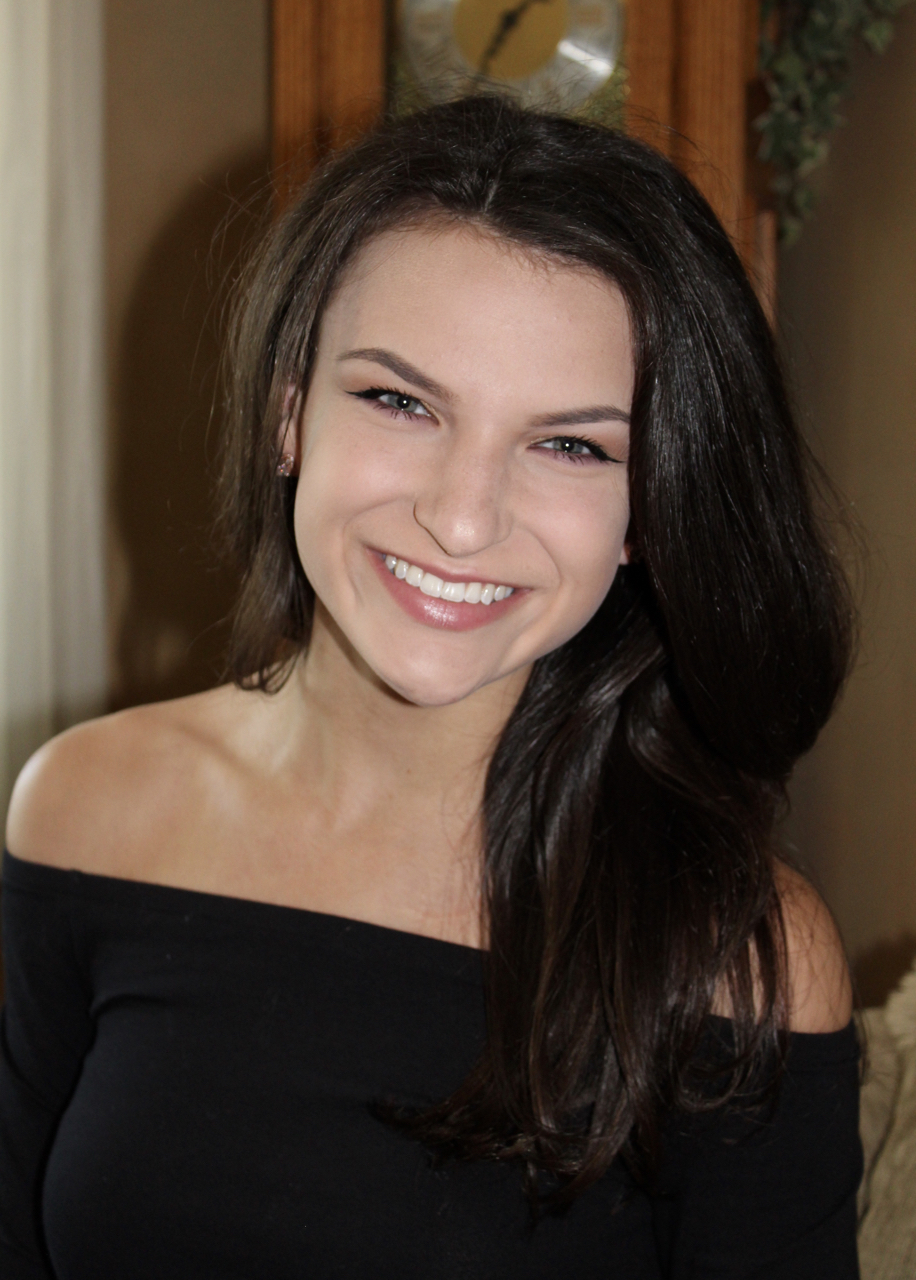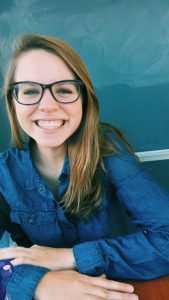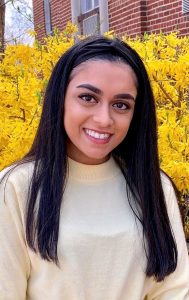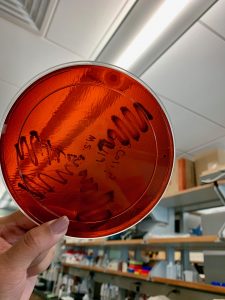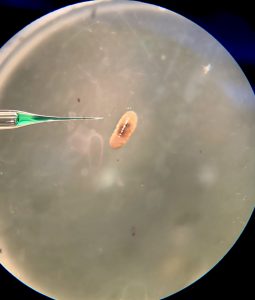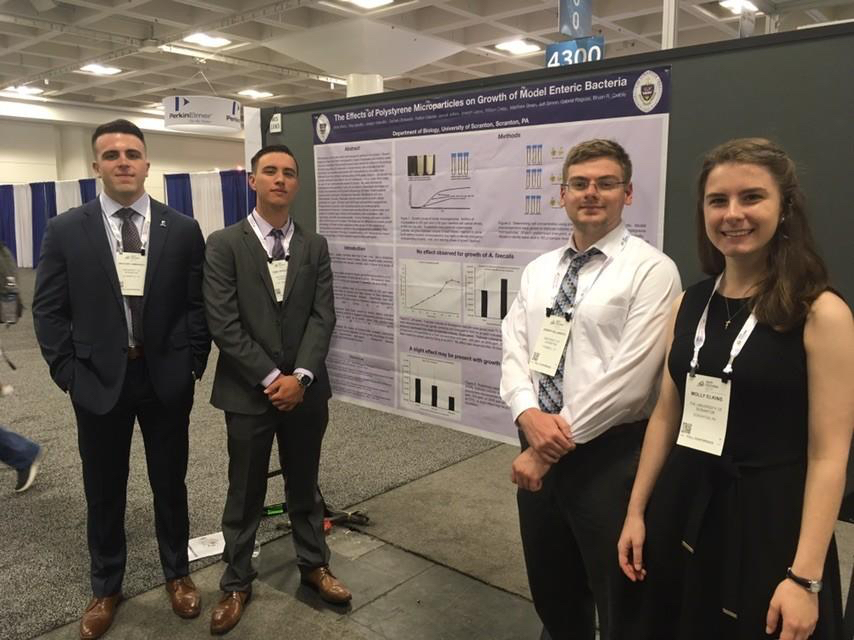
Meet the Ant People – Mike Laabs, Andrea Chernick, and Maxwell Greene of the Seid Lab
Hi, I’m Michael Laabs, a rising sophomore Biology major. I became involved in research after my first semester due to my Freshman Biology professor Dr. Seid’s constant encouragement. I was always willing to do whatever Dr. Seid asked of me, from feeding the ants, to traveling to Florida for fieldwork, and finally to my current job as a research assistant this summer.
Hi everyone! My name is Andrea Chernick. I am a rising senior here at the University. I am majoring in neuroscience and have a minor in biochemistry. I became involved in research after spending intersession abroad with Dr. Seid. I, along with my classmates, spent about a month traveling through Peru for a Tropical Ecology course. It was an amazing and rewarding experience, as I got to see and learn so much about the diversity in different regions from the Andes Mountains to the Amazon. The knowledge I have accumulated from that trip, particularly regarding the variety of ant species and their behaviors, sparked my interest in ant research and ultimately led me to taking a position as a research assistant for Dr. Seid this summer.
Hi, I’m Maxwell Greene and I am a rising senior at the University of Scranton. I am double majoring in neuroscience and applied mathematics. I specialize in simulations utilizing biological mathematical models. My desire to apply my knowledge of math and science inspired me to join Dr. Seid’s lab, where I can put my skills to work on a wide variety of projects.
This summer, we are all working on a continuation of research done by past students. We aim to develop a model utilizing a deep learning algorithm that recognizes and learns what an ant is. This includes identifying the head, thorax, abdomen, and the full ant.

Tracing all ant parts for the training dataset
In order to do this, we have been taking photographs of various ants in a variety of positions against different backgrounds. We upload these photos to a software platform that allows us to create a training dataset for the model. After the photos are uploaded, we trace all the different components of the ant we want the model to learn.

The model identifying full ants
Once we have a substantial dataset of traced images, they are downloaded. Coding software is then used to train our model to recognize ants. We hope that by teaching this algorithm to learn what an ant is, it can be used to track ants in videos and so that tracking can be done in a more natural environment.
We are all very grateful for this research opportunity. We have learned a variety of computer software skills, laboratory techniques, and ant biology. We cannot thank Dr. Seid and the faculty at the University of Scranton enough for every opportunity they offer to us. We strongly encourage any student at the University of Scranton to become involved with any of the many research projects on campus.


